|
| |
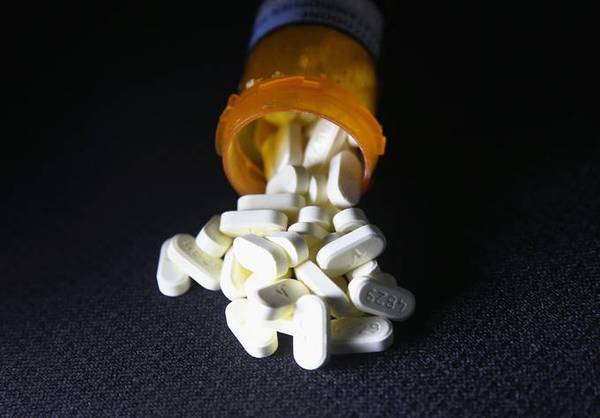
From 2006 through 2014, more than 100 billion doses of oxycodone and hydrocodone were distributed nationwide, according to federal drug data. (John Moore/Getty Images)
AHH: More than 100 billion doses of oxycodone and hydrocodone were shipped across the country between 2006 and 2014, according to newly disclosed federal drug data, our Washington Post colleagues Steven Rich, Scott Higham and Sari Horwitz report.
The data reveals there were 24 billion additional doses of the pain pills than previously known to the public.
In addition to data from 2006 through 2012 obtained by The Post and the company that owns the Charleston Gazette-Mail in West Virginia, two more years of information from 2013 and 2014 was “recently posted by a data analytics company managed by lawyers for the plaintiffs in a massive lawsuit against the opioid industry.”
The data points again to six companies that distributed the majority of the pain pills -- McKesson Corp., Cardinal Health, Walgreens, AmerisourceBergen, CVS and Walmart made up 76 percent of the oxycodone and hydrocodone pills shipped during those years. “The volume of pills distributed skyrocketed as the epidemic claimed more lives. From 2006 through 2014, more than 130,000 Americans died from prescription opioids,” Steven, Scott and Sari write. “The number of pills shipped went from 8.4 billion in 2006 to 12.8 billion in 2011. Pill distribution started to decline slightly in 2012, and the additional data shows that, by 2014, the number of pills distributed was 11.8 billion."
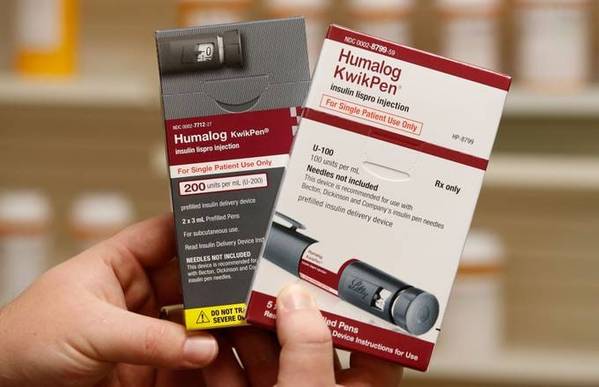
A pharmacist holds boxes of the drug Humalog at a pharmacy in Provo, Utah. (Reuters/George Frey/File Photo)
|


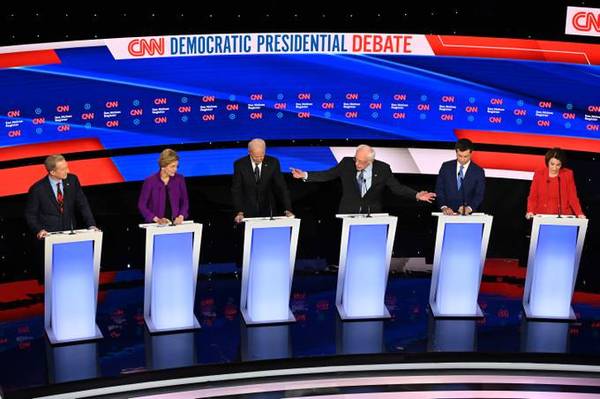
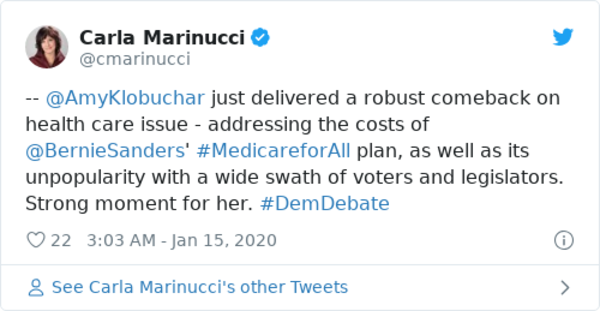
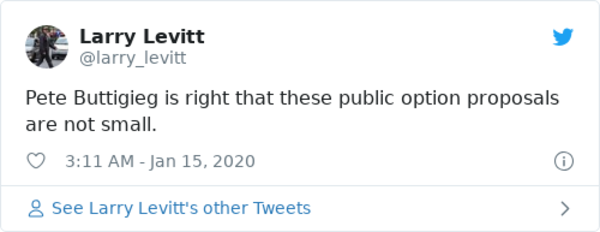
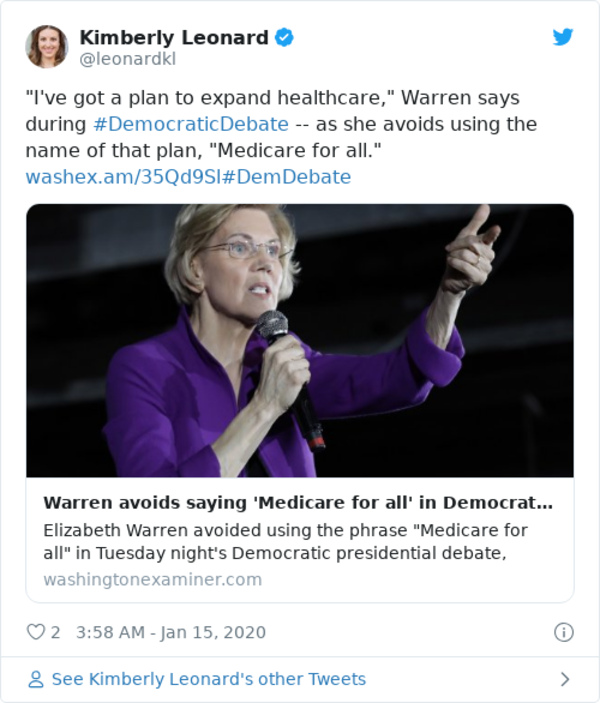
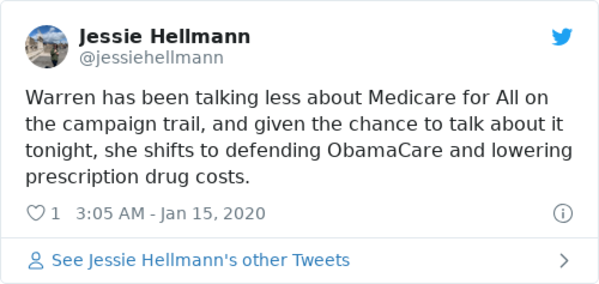
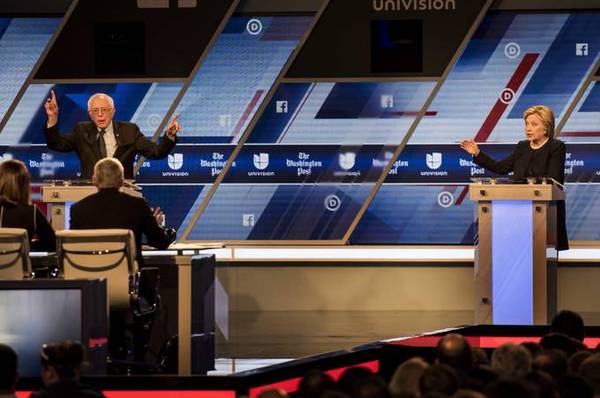
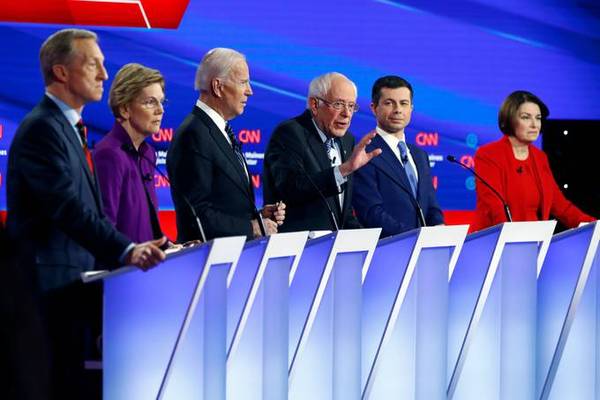
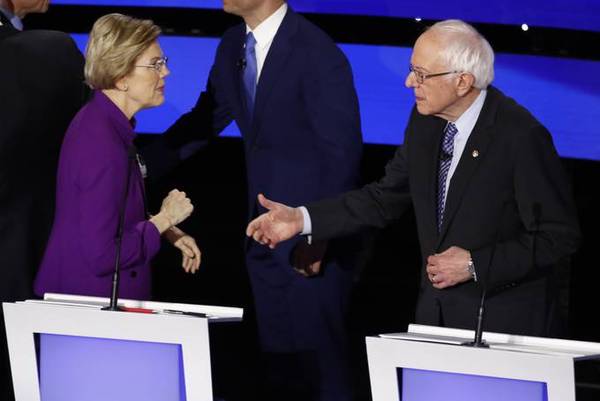
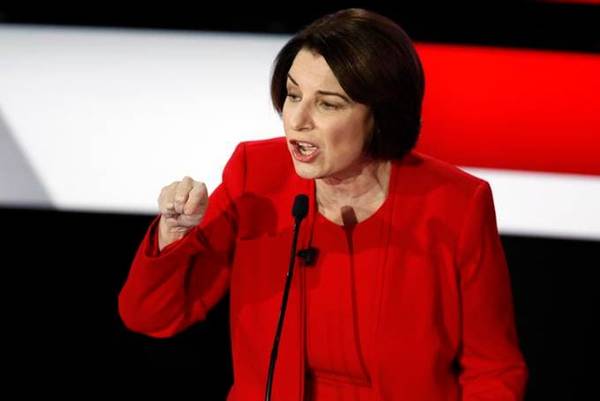
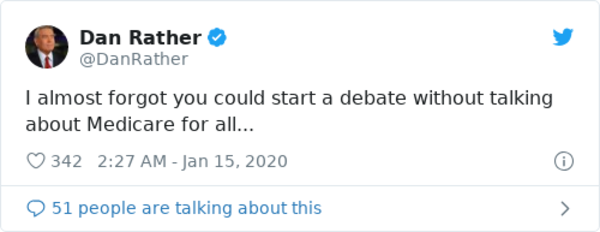
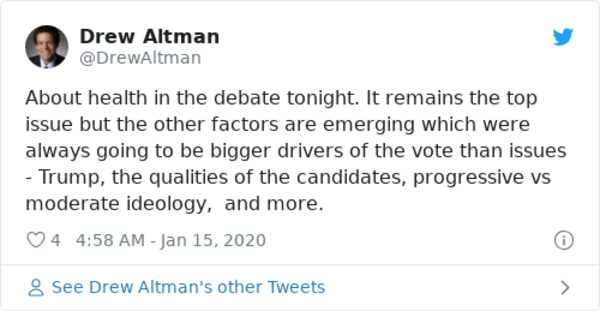
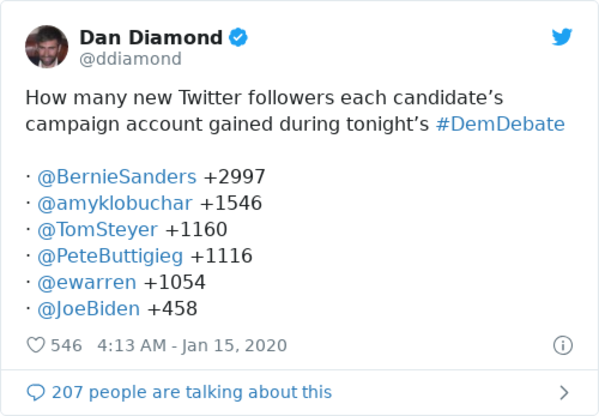
No comments:
Post a Comment